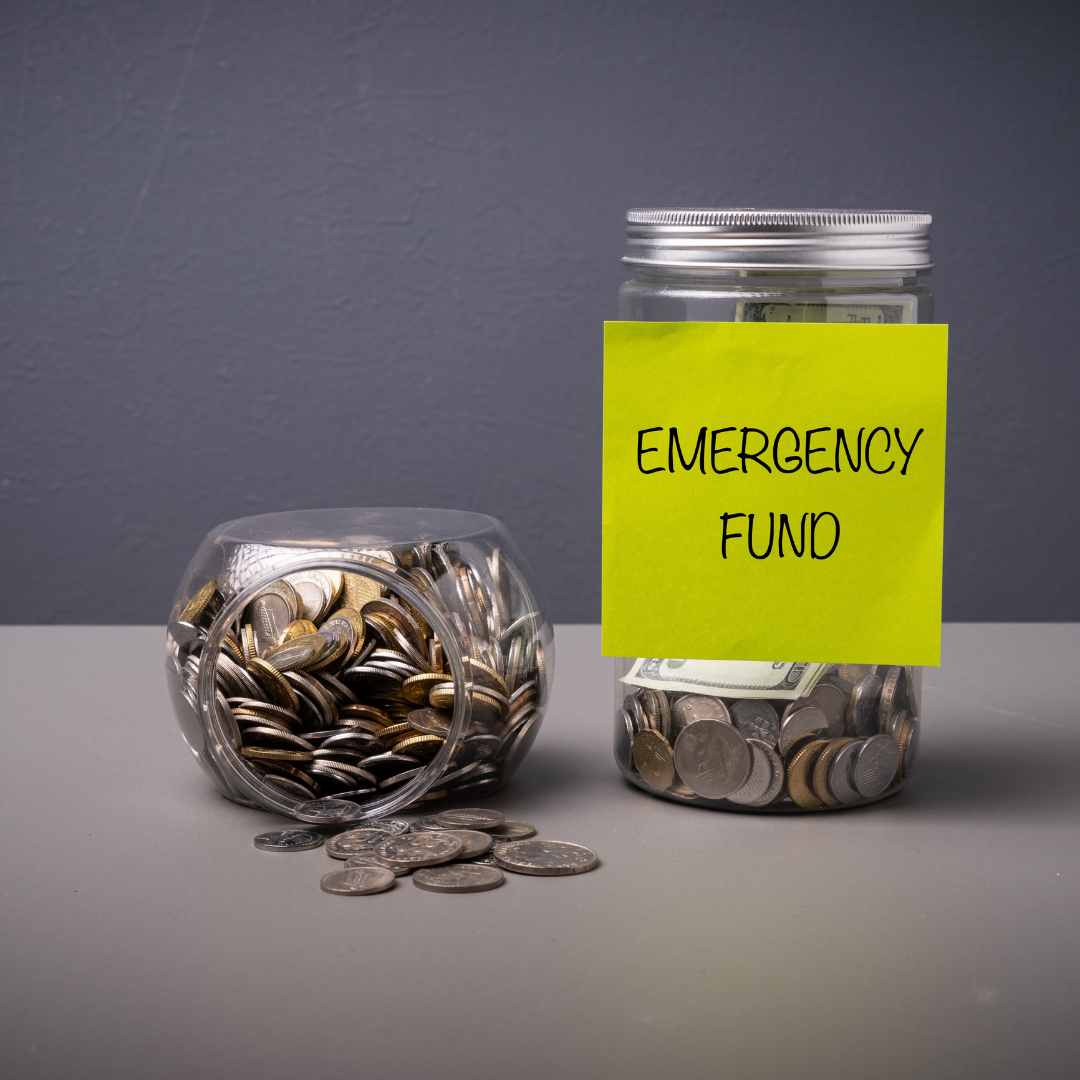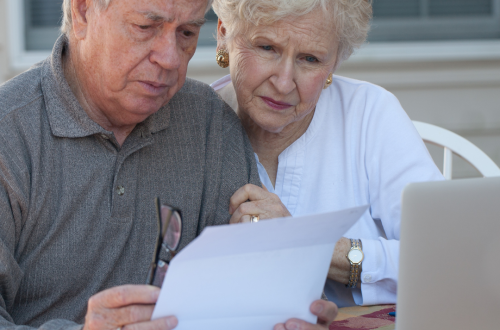It’s one thing to plan to save every month and another to start doing it. Whether it’s because you aren’t sure how much you’ll need or you just don’t know how to begin, the first step to getting an emergency fund is to start one. This post will go over the steps you need to take to build a pre-determined emergency fund from start to finish.
Everyone knows the importance of an emergency fund, but most people don’t understand how to get started. You never know when a pipe might burst or drywall might crack. Most probably, you may have to call in an emergency plumber or a reputed Lake Orion Drywall Repair expert to fix the mess, but how will you do that without sufficient funds? The answer is an emergency fund. In general, an emergency fund is a pool of money that you can draw from when you have an unexpected expense, whether that be a car breaking down, a medical emergency, or some other unexpected event.
• Start small
As an investment strategy, setting up an emergency fund is a popular one. Some people only have a few dollars in their savings account in case of an emergency, while others have thousands in an account earmarked for this purpose. While setting up an emergency fund is important, it’s also important to start with baby steps. A common suggestion is to open a savings account with something like $100, but the truth is starting with a small amount is a good way to build your confidence to save more. For example, open an account with a low-fee online bank that allows you to manage your money online.
If you’ve already started saving for retirement, you’re on the right track. However, if you’re still setting aside money, make sure to follow some basic rules. These guidelines will help you stay on the right track to retirement savings.
• Find a place to keep your emergency fund and be prepared
You know that one time when you were having a party, and everything went wrong, and you got home three hours late, missed the bus, and had no money left to get to work? It’s not fun to be stuck working at the library, taking out loans to pay for food, and maybe even signing up for CSA because you don’t have enough money for groceries.
While no one wants to consider the possibility of an emergency, it’s a reality that sometimes one has to face challenges in meeting their daily needs. In such situations, one might have to consider taking installment loans from companies like Spotloan to cover regular bills and fulfill essential needs. So, whether it’s a car accident, medical emergency, or another type of financial crisis, having an well-stocked emergency fund is the best way to protect yourself and your family. It can also provide a much-needed boost to your overall financial health and help you stay on top of challenging times.
• Have automatic contributions
We all have goals. We all have to be productive. We all have to get things done. But there can be a big difference between getting things done and having our goals met. Sometimes it can be hard to get motivated when you are working on something but are not made aware of the value of your efforts. Just like a safety net, an emergency fund is a safety net for your safety and security. It’s a cushion against the unexpected and a buffer against job loss or major life issues. And make no mistake – an emergency fund is your last line of defense.
Ever feel like you’re drowning in debt? You’re not alone. In fact, more than 65% of Americans have trouble paying their bills, and many don’t even know where they stand. Unfortunately, the only way to know for sure is to take a look at your finances and compare them to what you actually owe each month. If you’re not sure what you might be spending, you can always check out your credit report and learn more about your financial status.
The amount of money you have available to you in an emergency is a good indicator of how prepared you are for a financial crisis. Having a gap between your income and your debts can help your financial stability. It is best to have a gap of at least three months of living expenses. Everyone should have a plan for a rainy day because no one knows what tomorrow will bring. But if you don’t have a plan for how to handle a financial emergency, you could end up spending from your emergency fund before you are ready.





